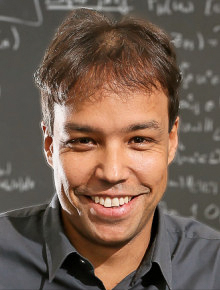 |
Assyr Abdulle earned his Ph.D. in mathematics from the University of Geneva in 2001. He completed his first post-doctoral year at Princeton University in the Program in Applied and Computational Mathematics with successive positions at ETH Zurich, the University of Basel, and the University of Edinburgh. He was appointed full professor and chair of computational mathematics and numerical analysis at EPFL in 2009. He has been the director of the mathematics institute at EPFL since 2017. His awards include the SciCADE new talent prize (2005), an Advanced Research Fellowship by the UK Engineering and Physical Sciences Research Council (2007), the SIAM Wilkinson Prize in Numerical Analysis and Scientific Computing (2009) and the SIAM Germund Dahlquist Prize (2013). His research interests concern numerical methods for multiscale partial differential equations, numerical homogenization methods, Bayesian inverse problems as well as numerical methods for deterministic dynamical systems and stochastic differential equations. |
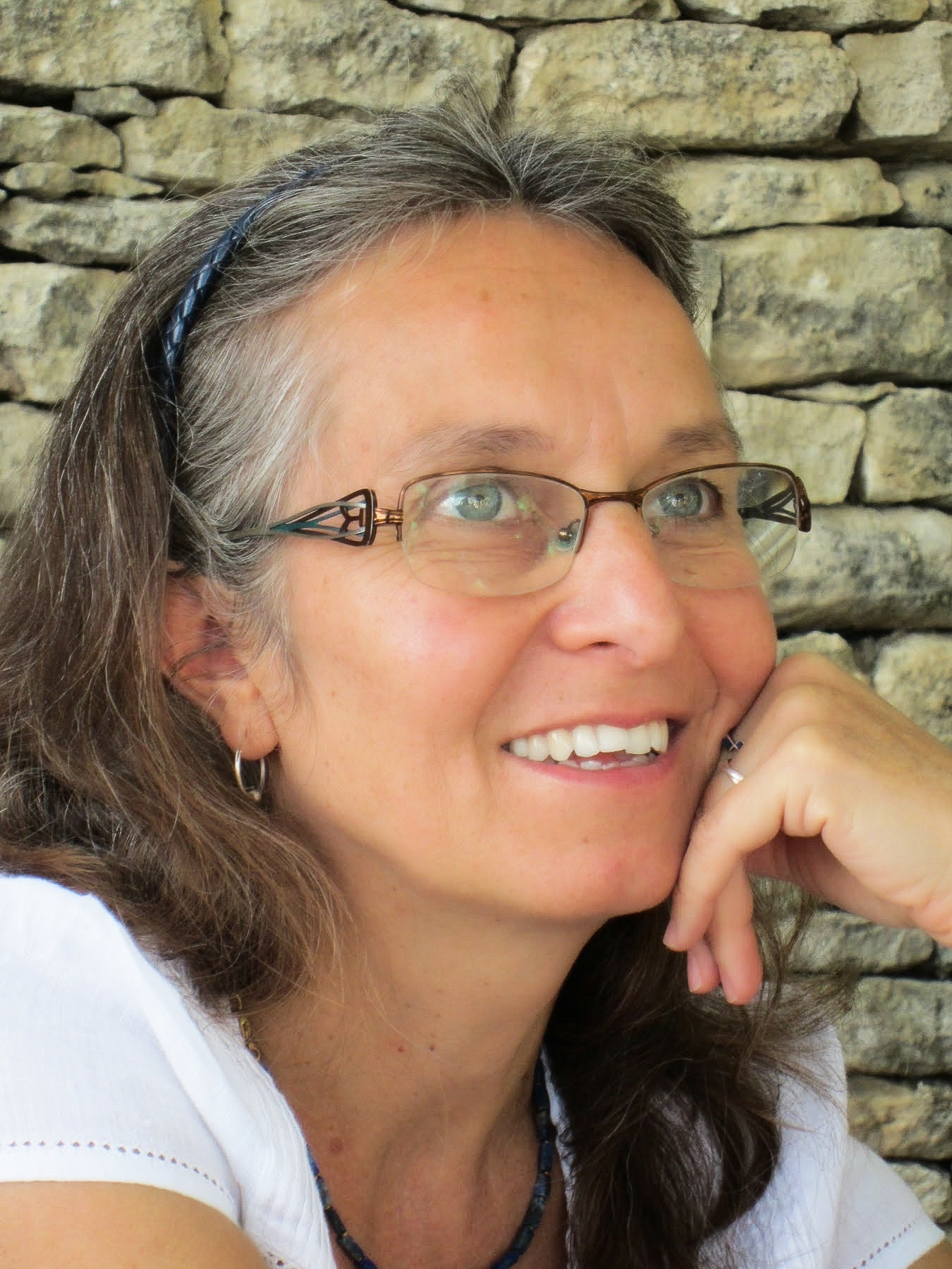 |
Anne-Sophie Bonnet-Ben Dhia is a former student of the Ecole Normale Supérieure de Jeunes Filles. She received the PhD degree in Applied Mathematics in 1988 and the Habilitation à Diriger les Recherches in 1995 from the University Pierre et Marie Curie. She is presently Directeur de Recherche at CNRS. She is the leader of the research team POEMS (associated to CNRS, INRIA and the Ecole Nationale Supérieure de Techniques Avancées) whose activities are devoted to the mathematical and numerical analysis of wave phenomena. She is a specialist of spectral theory and scattering theory, with a particular interest for waveguides configurations. Her theoretical and numerical contributions apply to various physical domains covering optics and electromagnetism, water waves, acoustics, aeroacoustics and ultrasonics. |
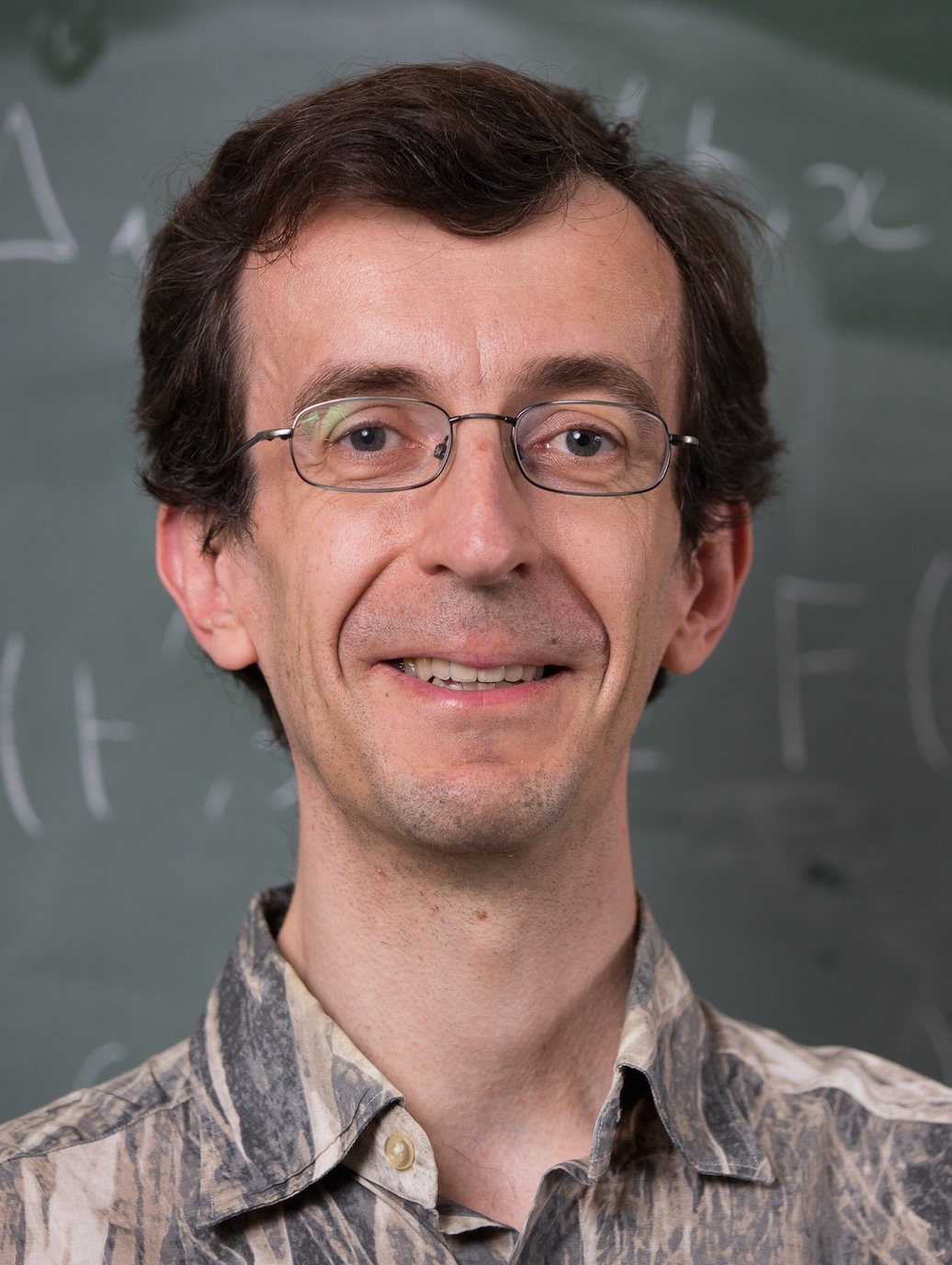 |
Josselin Garnier has been a professor in applied mathematics since 2001, firstin Toulouse, then in Paris at the University Paris Diderot, and at Ecole Polytechnique since 2016. His research interests concern various aspects of applied probability, including wave propagation in random media, imaging for waves in complex media, uncertainty quantification, and the design and analysis of stochastic algorithms. |
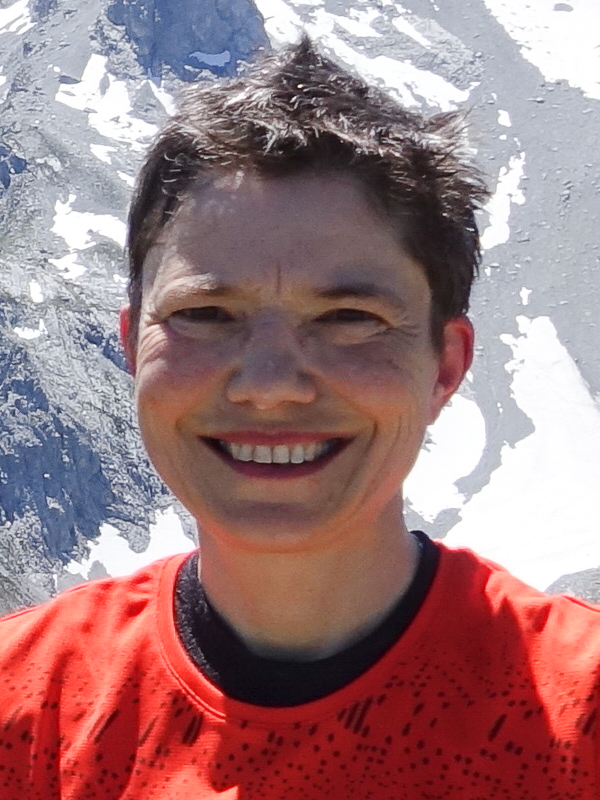 |
Marlis Hochbruck, born in 1964 in Germany, received her diploma degree in Technomathematics in 1989 and graduated in 1992 at the University of Karlsruhe. Her PhD studies included a research stay at the NASA Ames Research Center in California.afterwards, she held postdoctoral positions at ETH Zürich, University of Würzburg, and University of Tübingen, where she completed her habilitation in 1997. In the winter semester 1997/98 she held a substitute professorship at University of Kaiserslautern. In 1998 she became a full professor for applied mathematics at Heinrich-Heine University of Düsseldorf and in 2010 she moved to her current affiliation at Karlsruhe Institute of Technology (KIT) as a full professor of numerical analysis.Her research interests lie in various fields of numerical analysis, reaching from Krylov subspace methods for linear systems and matrix functions to the construction, analysis, and efficient implementation of time integrators for partial differential equations. Most recently, the focus was on time integration of wave type problems. Marlis Hochbruck is a member of several committees of the German Research Foundation (DFG), currently as one of its vice presidents. At KIT, she was the speaker of the DFG Research Training Group 1294 "Analysis, simulation and design of nanotechnology processes" from 2011-2015 and is now the speaker of the DFG Collaborative Research Center 1173 "Wave phenomena: analysis and numerics". |
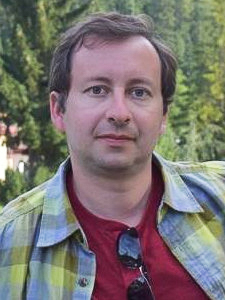 |
Andrii Khrabustovskyi is a researcher working at Graz University of Technology, Austria. He works mainly on the intersection of spectral theory, asymptotic analysis and homogenization for partial differential equations.Andrii Khrabustovskyi was born in 1984 in Kharkiv, Ukraine. He was graduated from Kharkiv National University in 2006. In 2010 he received his PhD from Institute for Low Temperature Physics and +Engineering of the National Academy of Sciences of Ukraine. Since November 2012 he worked at Karlsruhe Institute of Technology – first as a postdoc at the Research Training Group "Analysis, Simulation and Design of Nanotechnological Processes" and then in Collaborative Research Center “Wave phenomena: analysis and numerics”. In January 2017 he completed his habilitation with the thesis entitled “Spectral and asymptotic properties of periodic media”. In 2017 he received Lise Meitner scholarship of the Austrian Science Fund (FWF), and since November 2017 he is a member of the Institute of Applied Mathematics at TU Graz. |
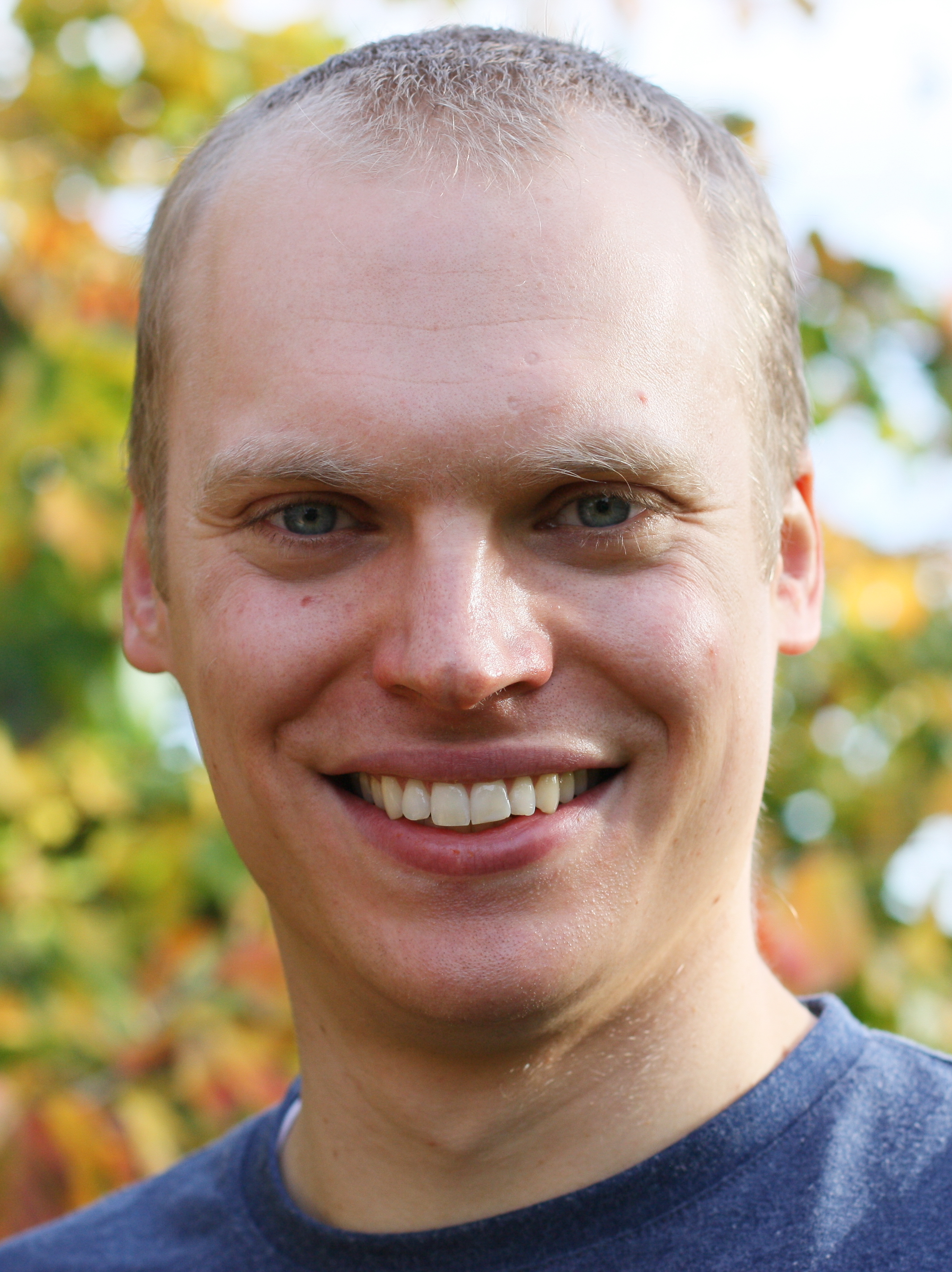 |
Euan Spence is a Reader in Mathematics at the University of Bath. His research interests lie at the interface between semiclassical analysis and numerical analysis of wave propagation problems, with this being the title of a 5-year EPSRC Early-Career Fellowship that he currently holds. Euan has been at Bath since 2009, first as a postdoc on the EPSRC-funded project "Boundary Integral Equation Methods for High Frequency Scattering Problems" (a joint project between Bath and Reading), then as an EPSRC Postdoctoral Fellow (2011-2014), then as a Lecturer (2014-2017). Before coming to Bath he did his undergraduate, masters, and PhD at the University of Cambridge. |
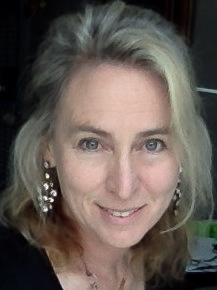 |
Professor Beth Wingate's main research interest is the study of oscillations in fluid mechanics, mathematics, and numerics related to high performance computing. Her recent research is focused on physics of the Arctic Ocean, direct numerical simulations, and time-stepping methods for HPC and climate modeling, and the fluid mechanics of the slow/fast manifolds. She did her PhD work at the University of Michigan studying numerics, waves and ocean fluid dynamics. Other interests include spectral element methods, in particular the investigation of near optimal interpolation on triangles. She spent many years at the Los Alamos National Laboratory in New Mexico, USA before moving to the University of Exeter in Devon, UK in 2013. |
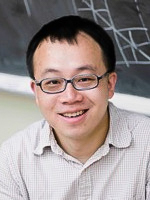 |
Lexing Ying has been Professor of Mathematics at Stanford University since 2012. Prior to that, he was a professor at the University of Texas at Austin from 2006 to 2012. His research focuses on computational mathematics and scientific computing. He received his Ph.D. from New York University and was a postdoctoral scholar at California Institute of Technology from 2004 to 2006. He is a recipient of the Sloan Research Fellowship (2007), the National Science Foundation CAREER Award (2009), the Feng Kang Prize of Scientific Computing (2011), the James H. Wilkinson Prize in Numerical Analysis and Scientific Computing from SIAM (2013), and the Silver Morningside Medeal in Applied Mathematics (2016). |
